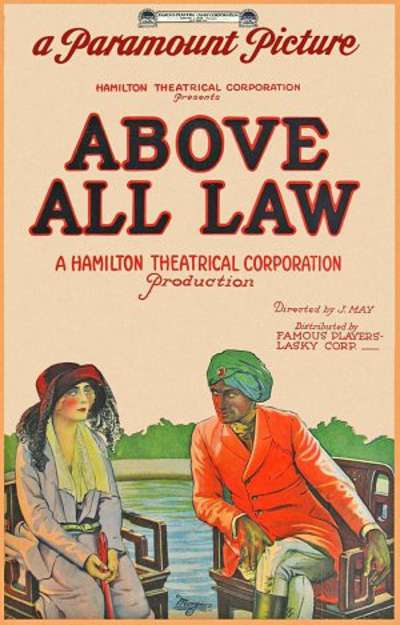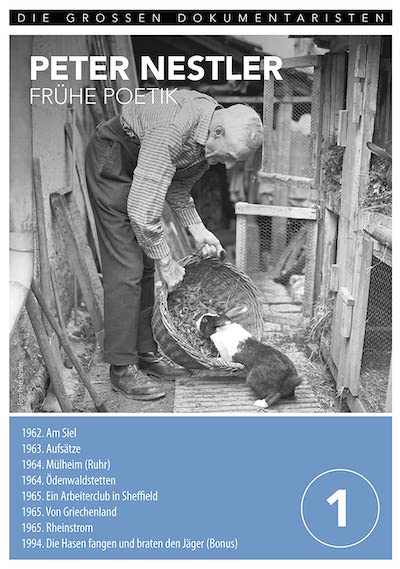
The jealous & vindictive Rajah of Bengal continues to manipulate the fates of his three English captives in his mad scheme to punish his faithless wife.
THE Indian TOMB: THE TIGER OF BENGAL is a perfect example of the grand German cinema epics created during the silent era. Berlin film mogul Joe May turned the full resources of his modern 50-acre Maytown studio near Berlin over to the production, using 300 workmen to create the lavish sets necessary to tell such an exotic tale.Read More »





